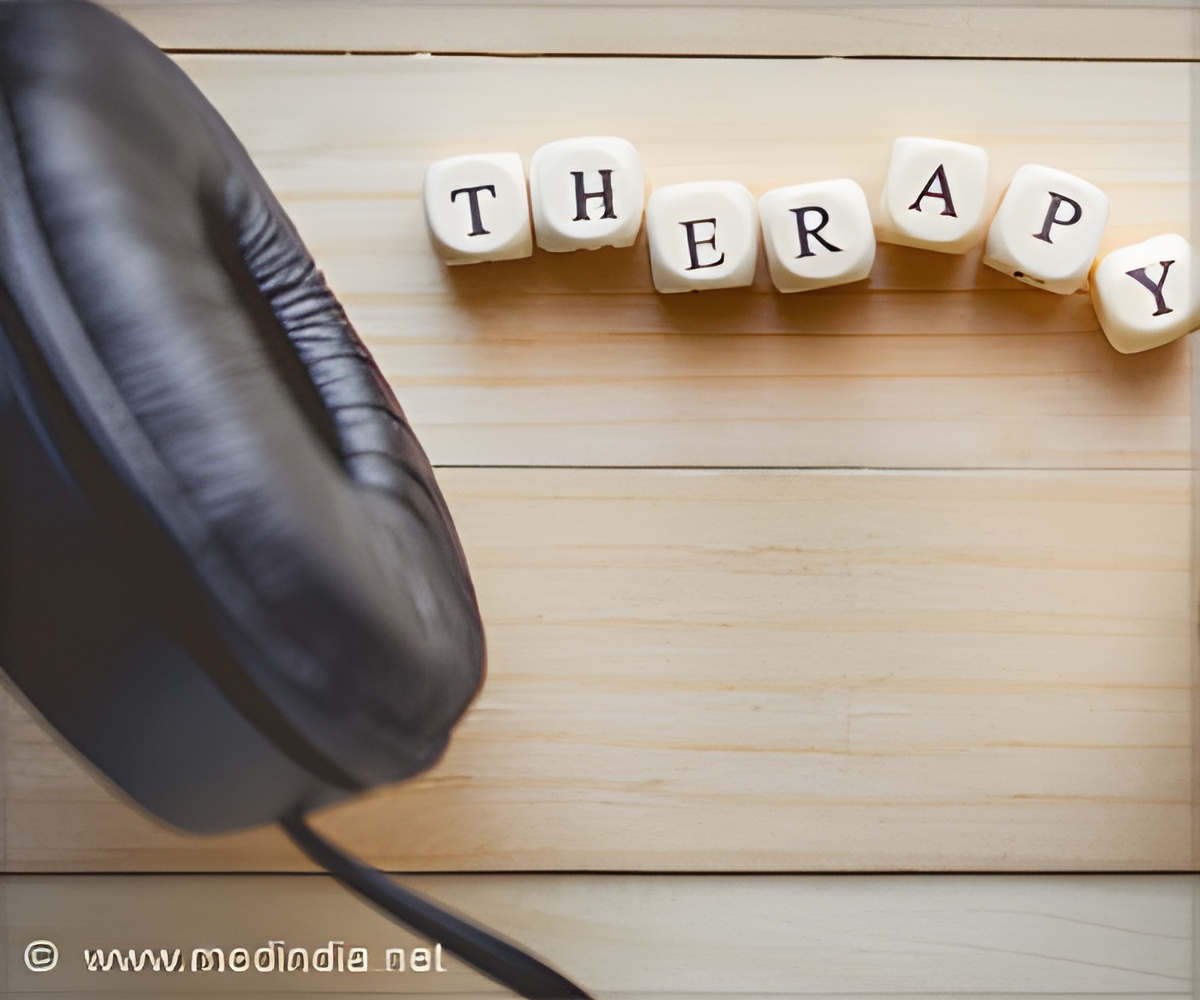Music can enable families to see the full potential of the individual with communication problems and in dementia, a person's identity can re-emerge.

‘Tailored music sessions for children with problems communicating with words enhanced their ability to communicate and has a positive effect on a wide range of health-related issues.’





But consistent funding and provision needs to be increased, while health and community providers need to implement a more integrated approach to using music in supporting those impacted by strokes and dementia. Those are among the key findings of Beyond Words, a project led by the University of Plymouth and Plymouth Music Zone (PMZ) and funded by the Arts Council England Research Grants programme.
It focused on those who have problems communicating with words -- who the researchers now term as being 'post-verbal' -- and how music might be used to help them.
The study is the first to focus on post-verbal people and music, and one of the first to explore how music can have a positive effect on a wide range of health-related issues and how future provision might take them all into account rather than focusing on only specific groups within society.
Jocey Quinn, Professor of Education at the University, led the study which involved a series of interviews, focus groups and arts workshops, as well as observing the regular sessions offered by PMZ.
Advertisement
Debbie Geraghty is the Executive Director of Plymouth Music Zone, the award-winning charity which was the focus of the groundbreaking longitudinal research. The charity is at the forefront of using music as a powerful tool for inclusion and social change and reaches out to vulnerable children, young people and adults across Plymouth and beyond.
Advertisement
For the project, research assistant Claudia Blandon spent 16 months observing sessions delivered by PMZ and following the lives of 25 people who attend sessions at the centre and other community venues like care homes. MPZ's Training and Research Manager and Music Leader, Anna Batson, was the third member of the research team who brought musical expertise to the findings.
It also involved interviews with 44 family members, which offered an insight into the richness of the lives led by 'post-verbal' people, 30 arts workshops with the post-verbal people and four focus groups with music leaders and volunteers based around current provision and how they felt it might be enhanced.
The final report is now being communicated to policy makers, charities and others in the hope that the type of sessions offered at Plymouth Music Zone, and other similar centres, can be increased in a sustainable manner.
Phil Gibby, Area Director, South West, Arts Council England, said: "We are delighted to have been able to support the University of Plymouth and Plymouth Music Zone through our National-Lottery funded Research Grants programme to carry out this important project. Our research programme aims to deepen knowledge and understanding of the impact of art and culture, and the complex role it plays in our experience as individuals and a society.”
Source-Eurekalert










